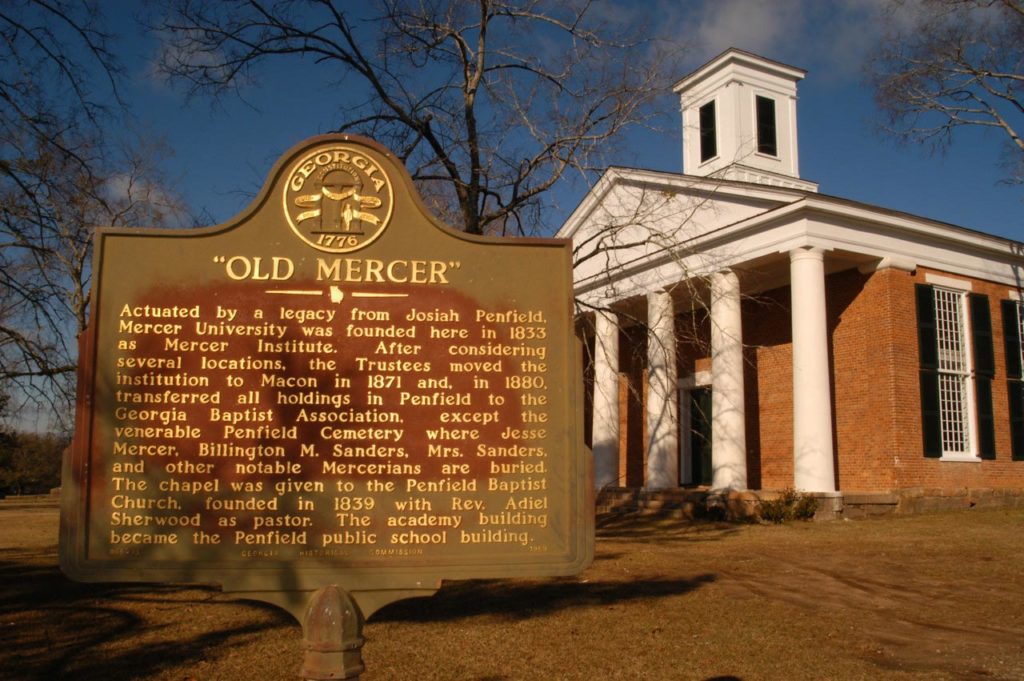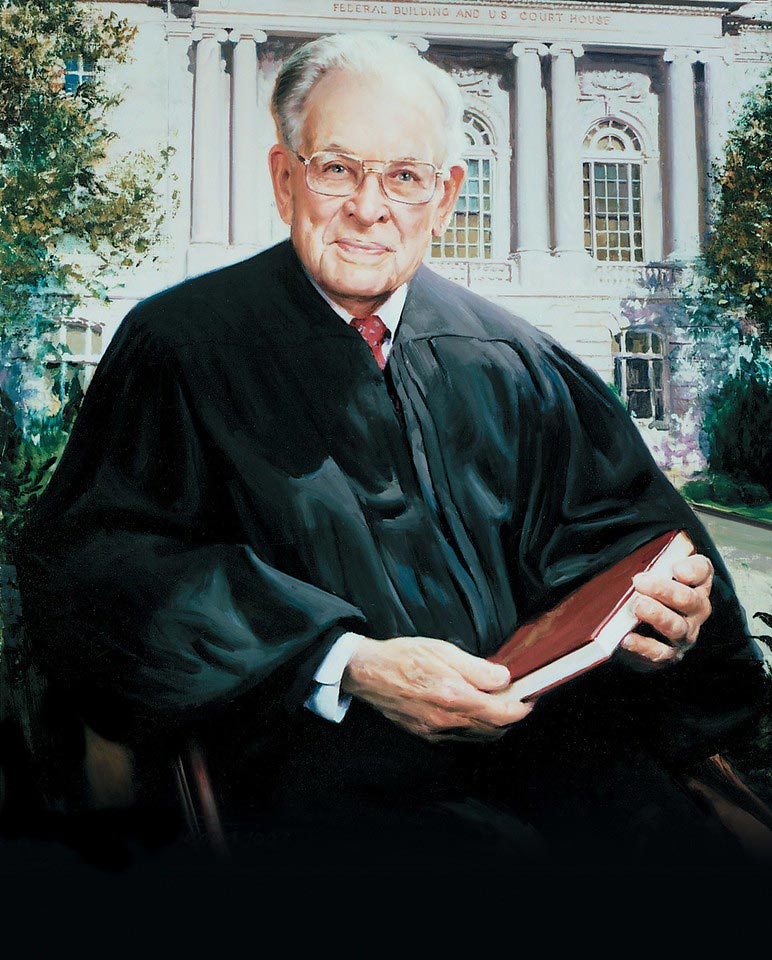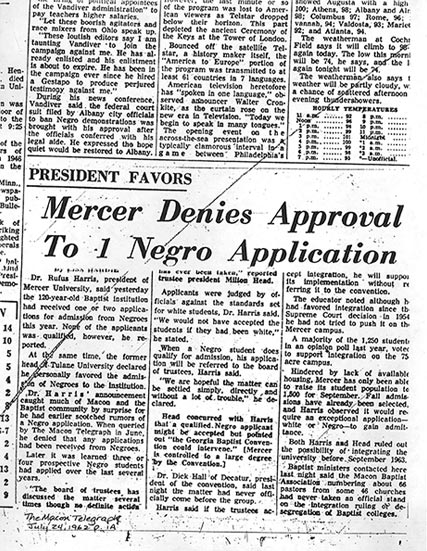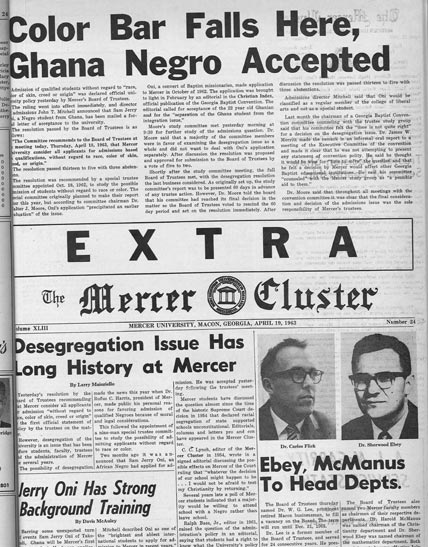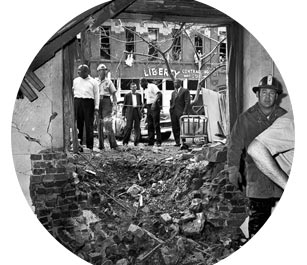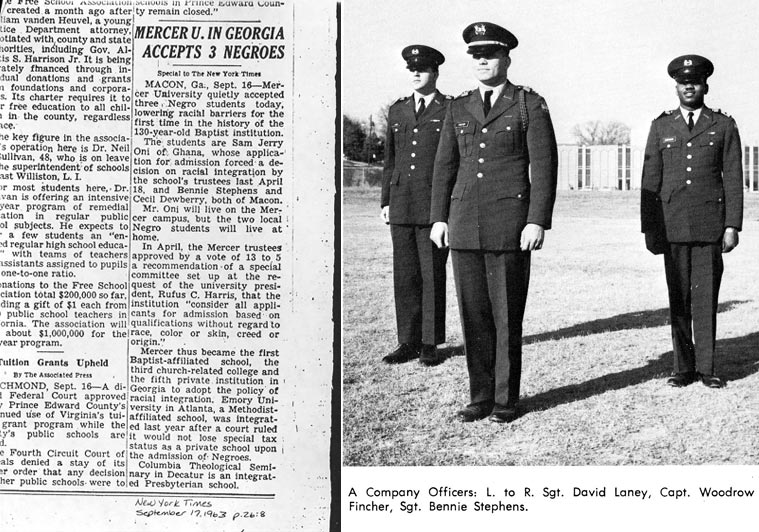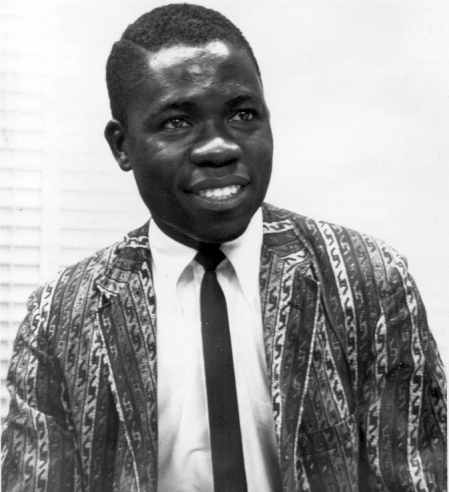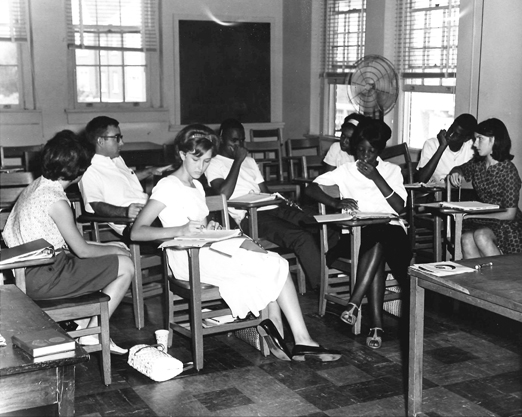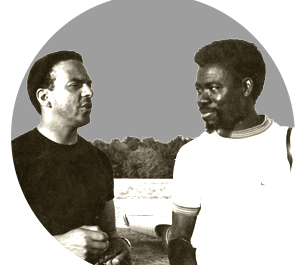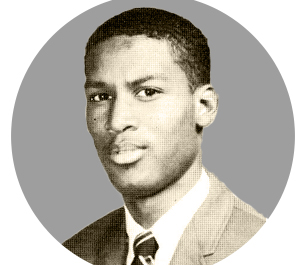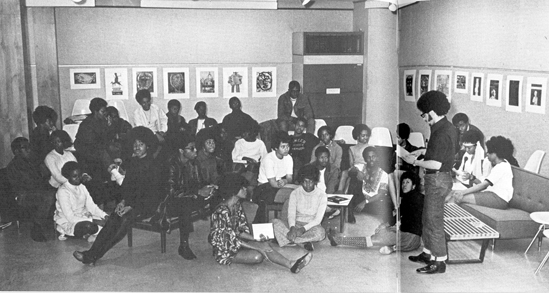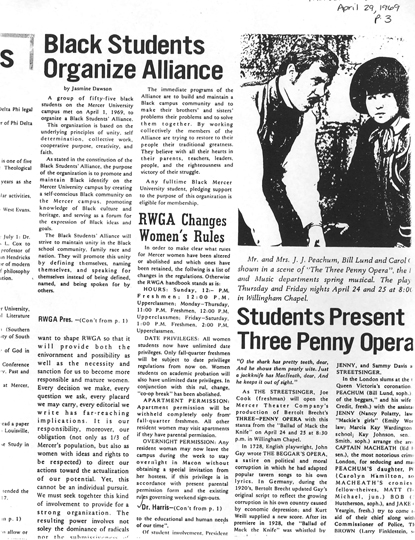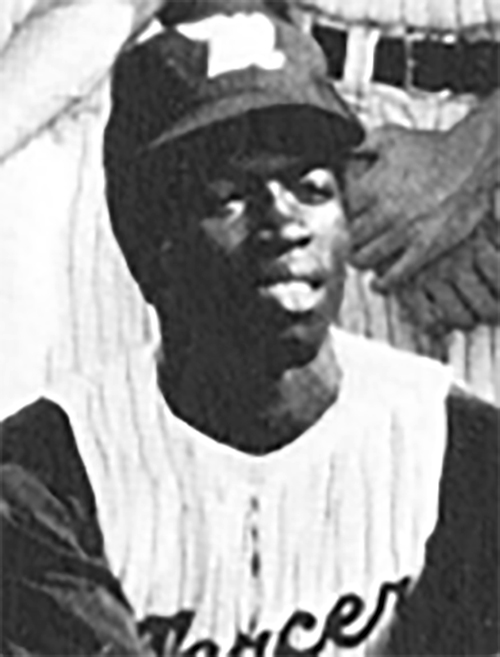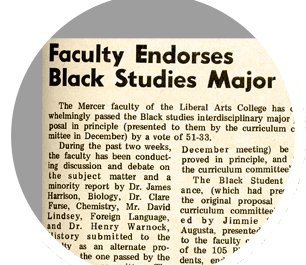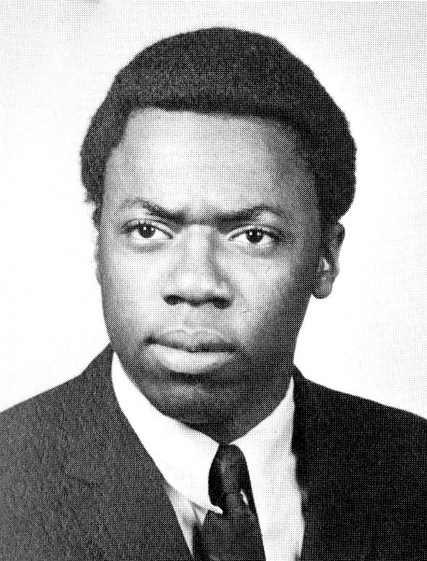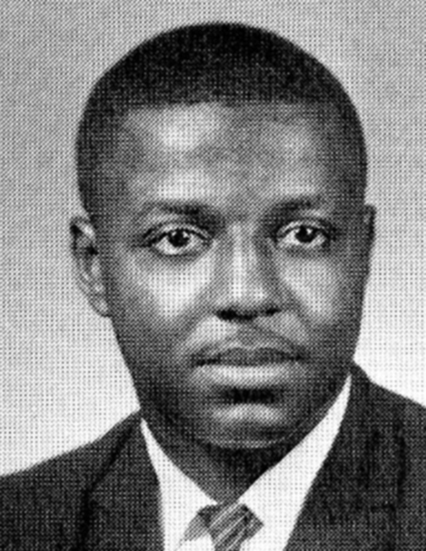50th Anniversary of Integration

Beginning with an August 28 observance of the 50th anniversary of Dr. Martin Luther King, Jr.’s “I Have a Dream” speech, the University in 2013 commemorated over the course of the academic year both the anniversary of Mercer’s integration and Dr. King’s call for an end to racism in America and the creation of a beloved community.
Under the theme “Looking Back, Moving Forward: Celebrating a Half-Century of Integration at Mercer University,” alumni, students, faculty, staff, trustees and others reflected on the progress made within our University community and nation over the prior 50 years.
A consistent message throughout the year-long commemoration was that the work is not done. Through lectures, programs, classroom discussions, service initiatives and conversations across the University’s campuses, Mercerians redoubled their efforts to make Dr. King’s dream a reality at Mercer and in our communities.
This website captures much of the commemoration year’s activities and resources.

